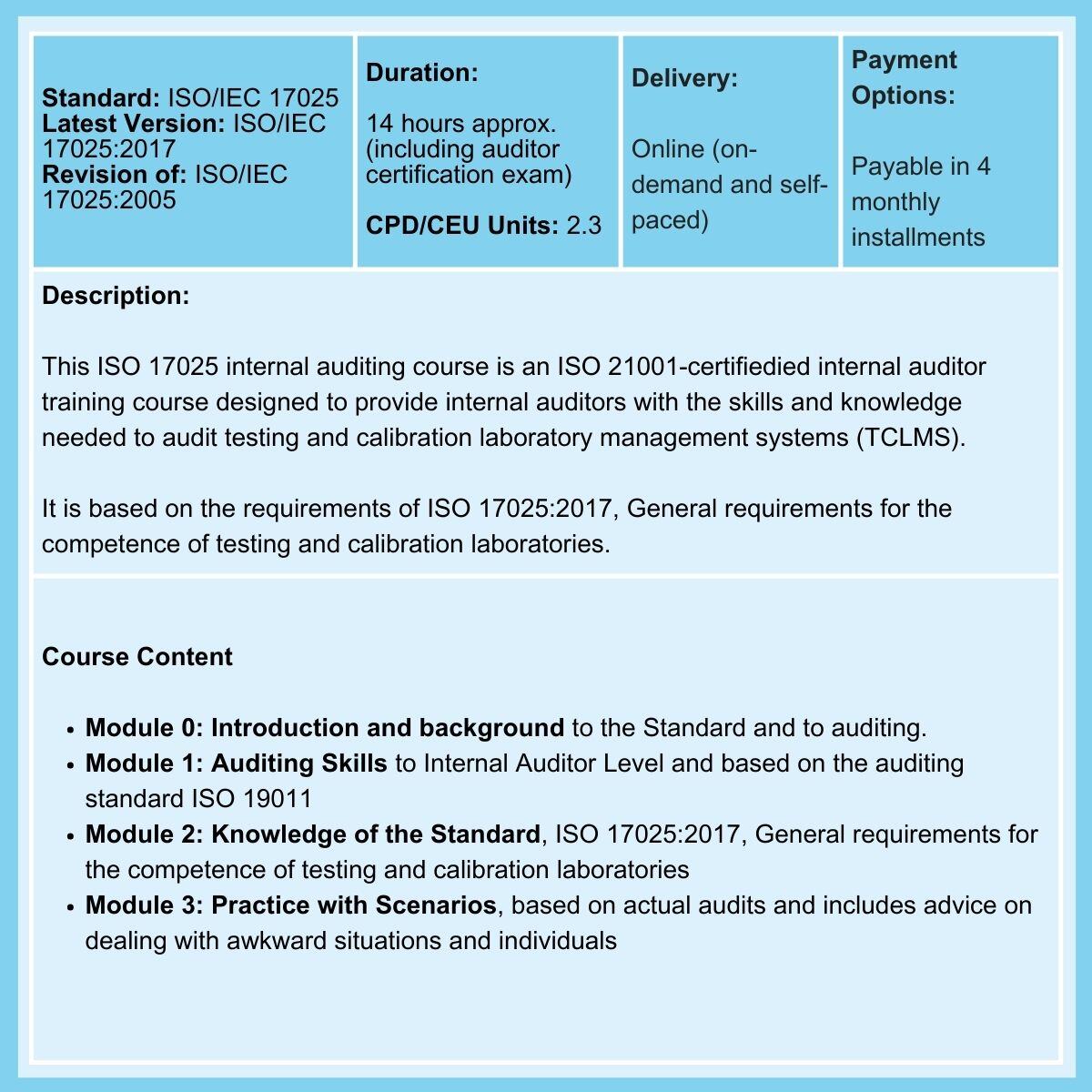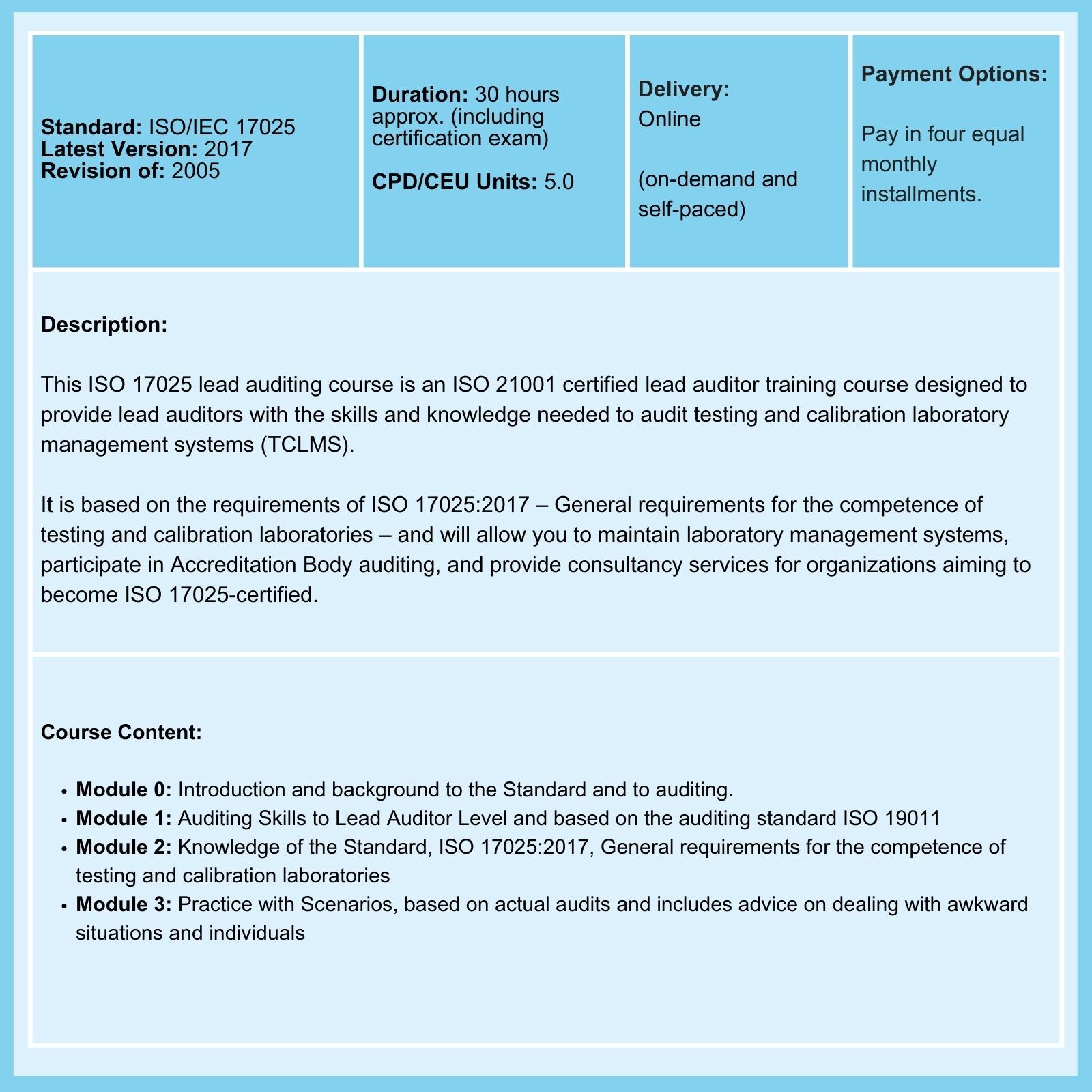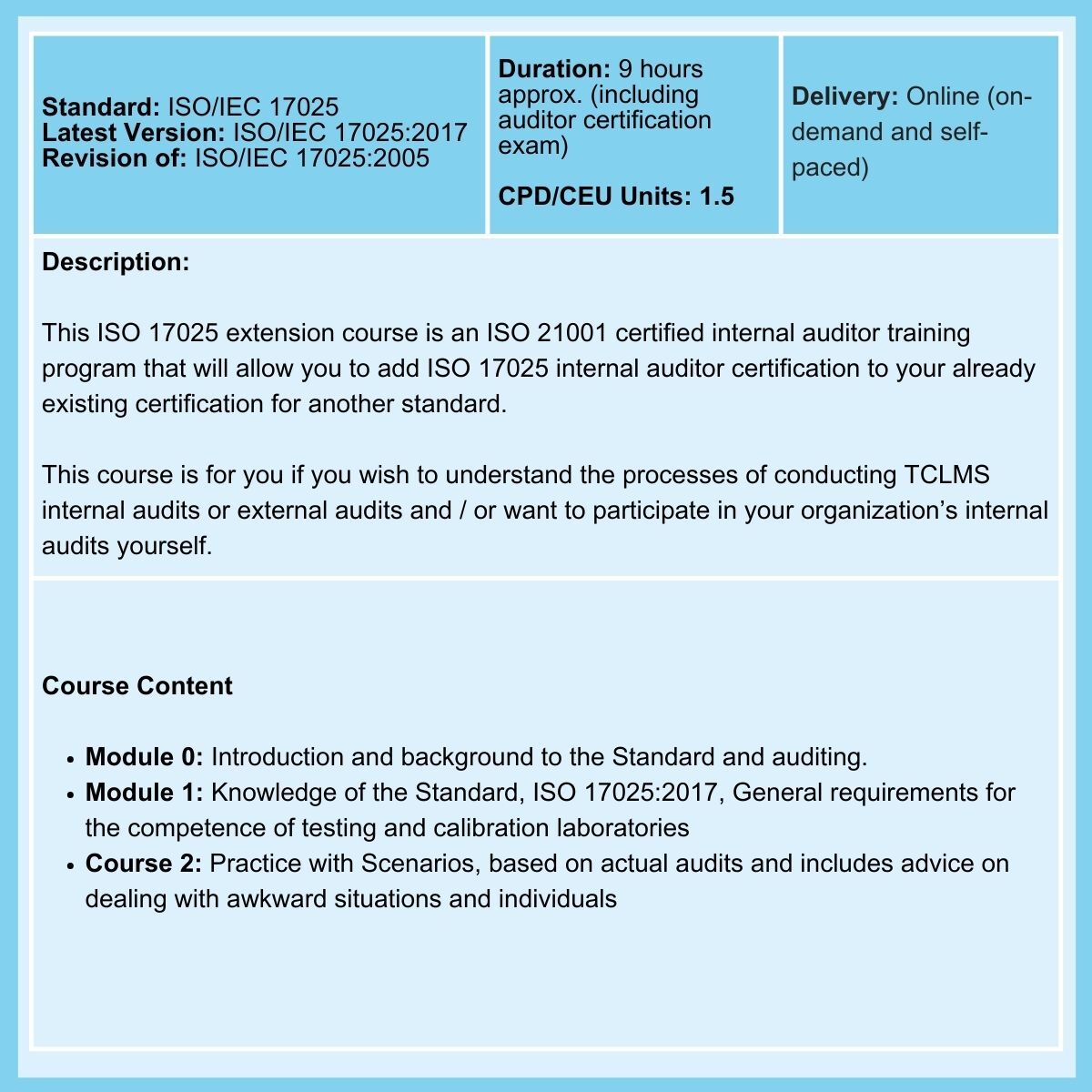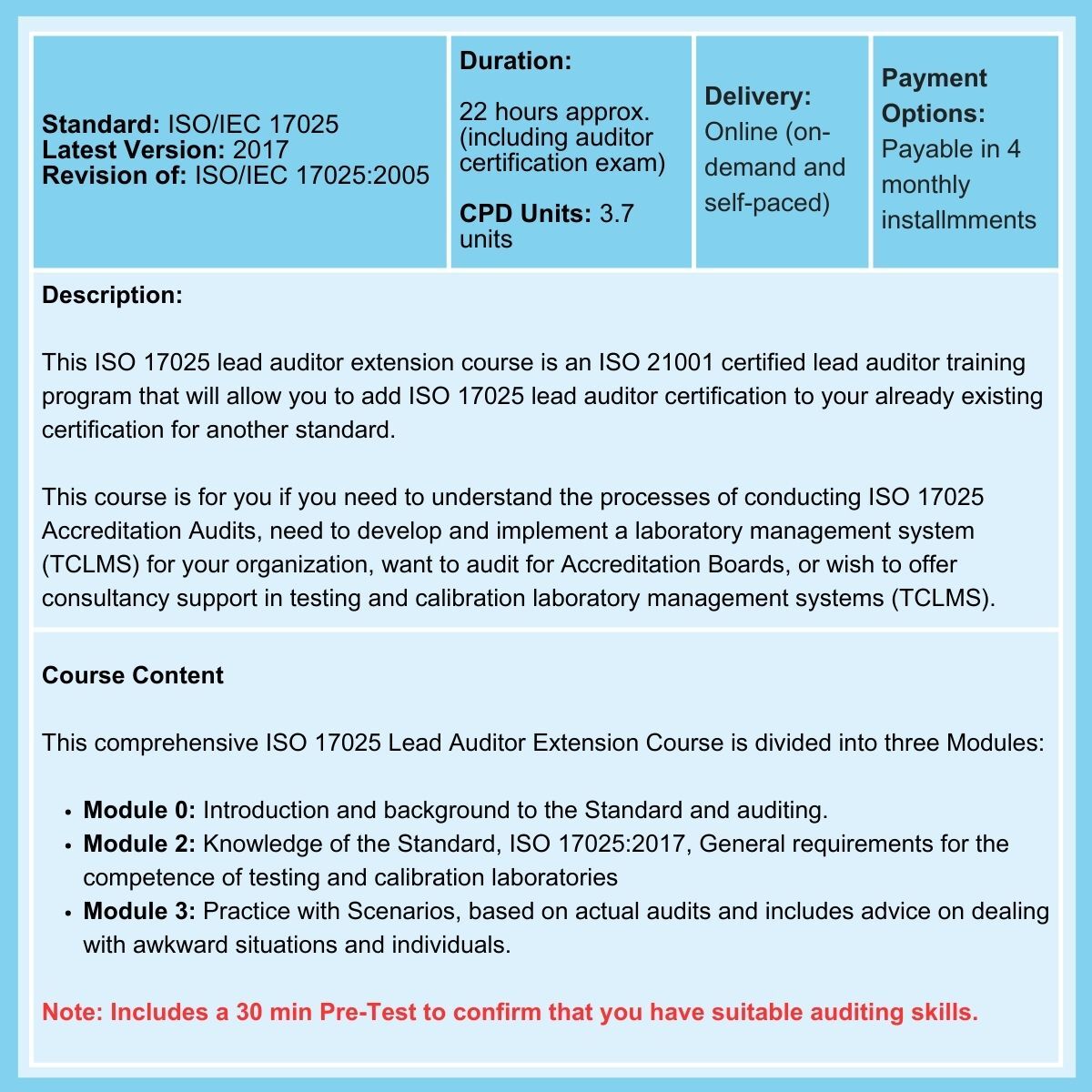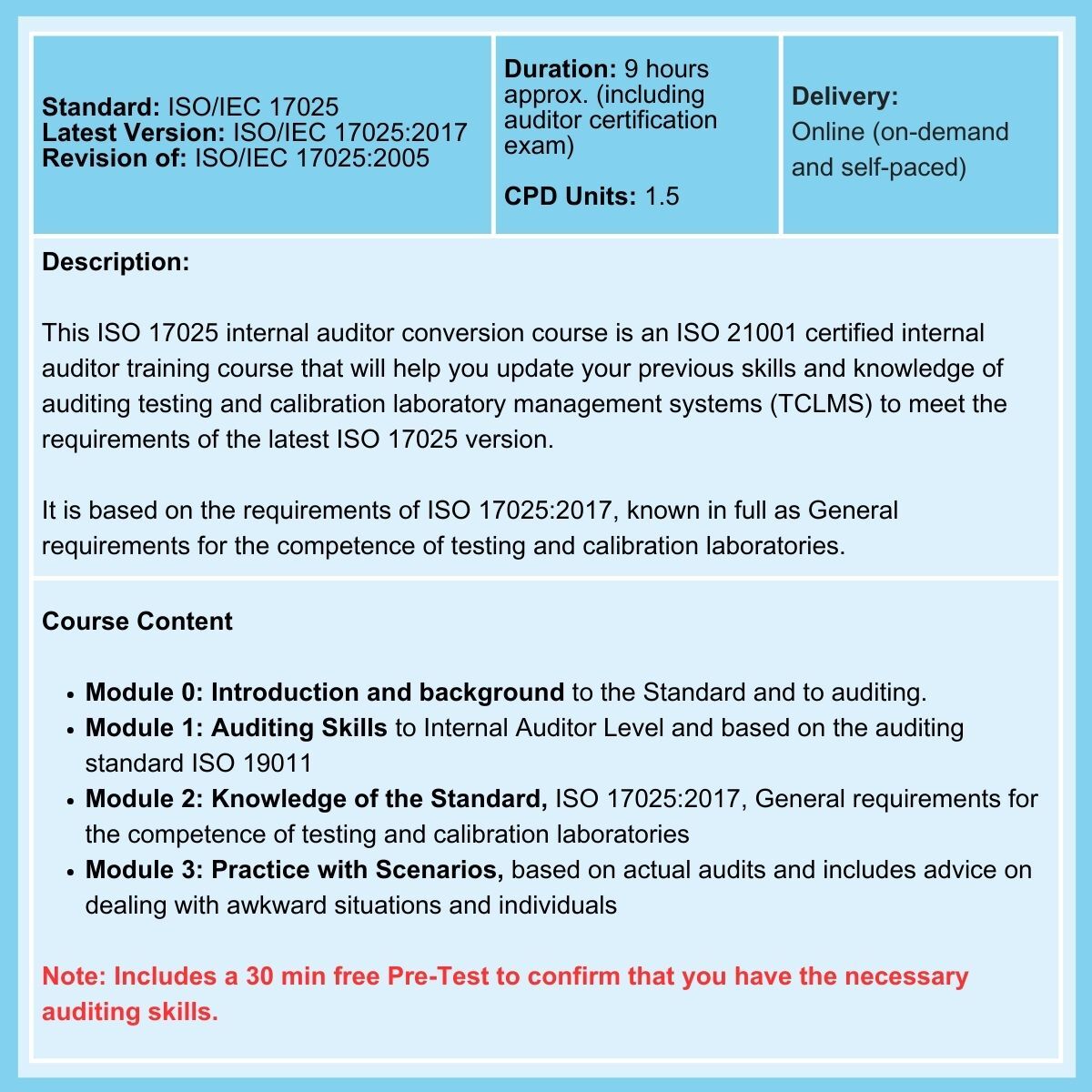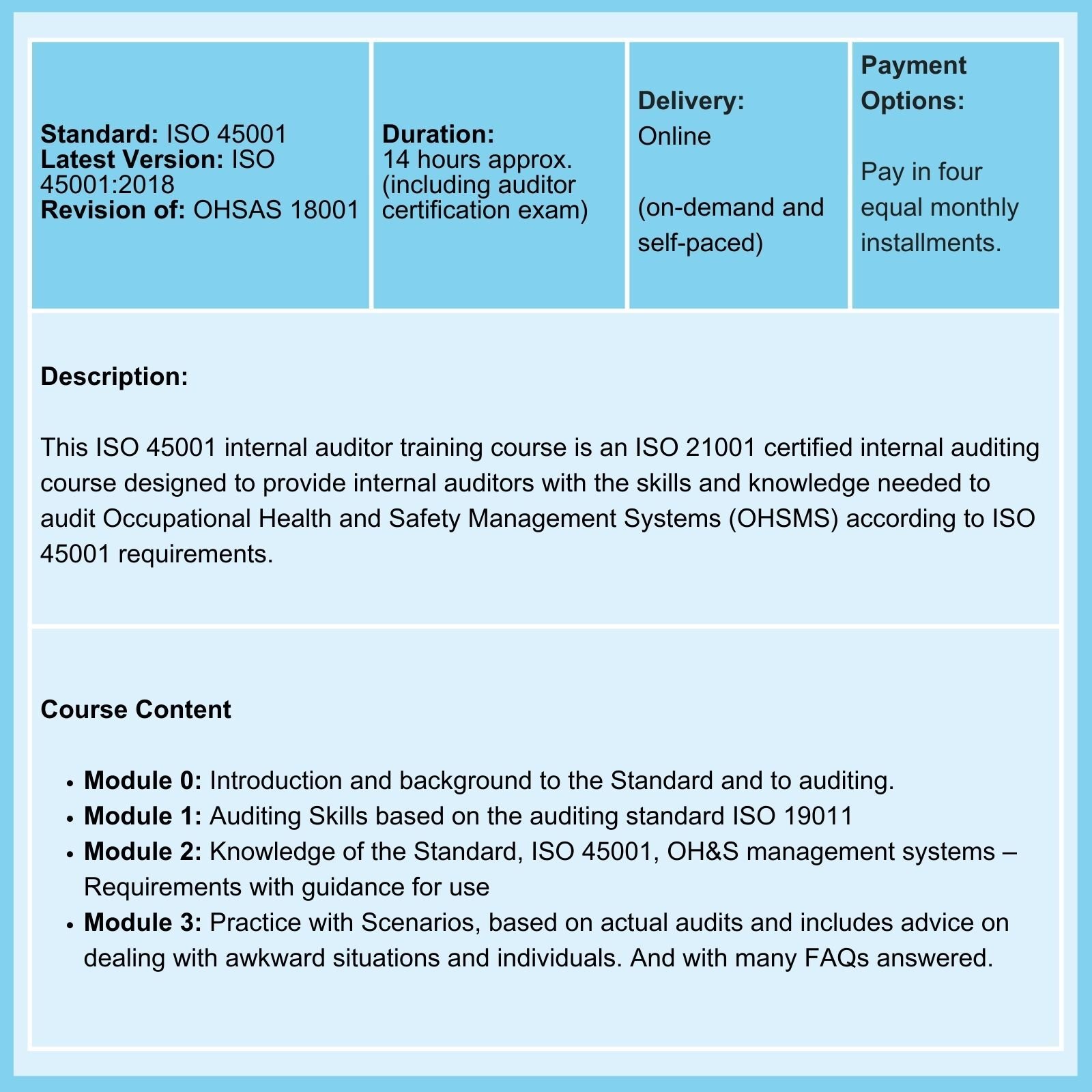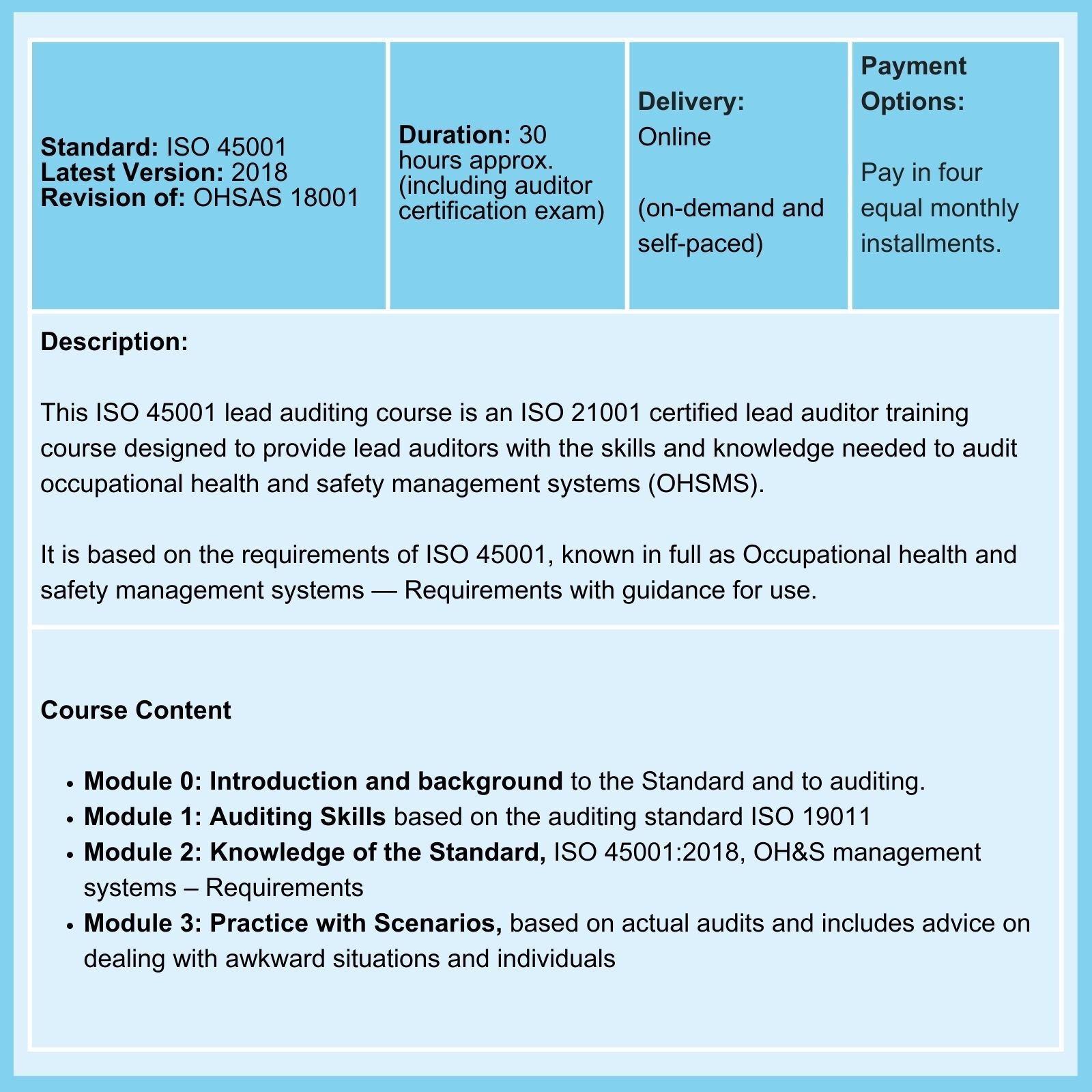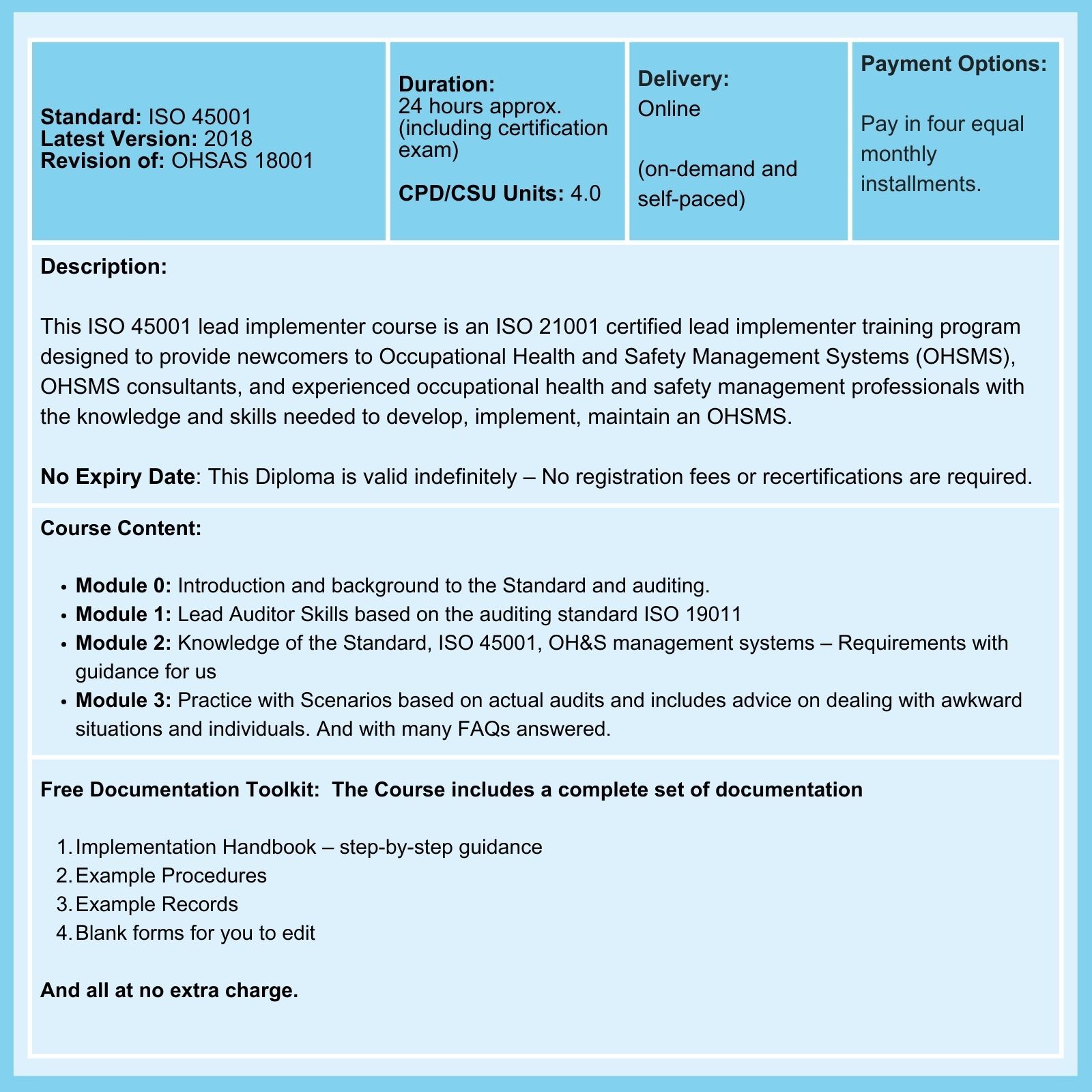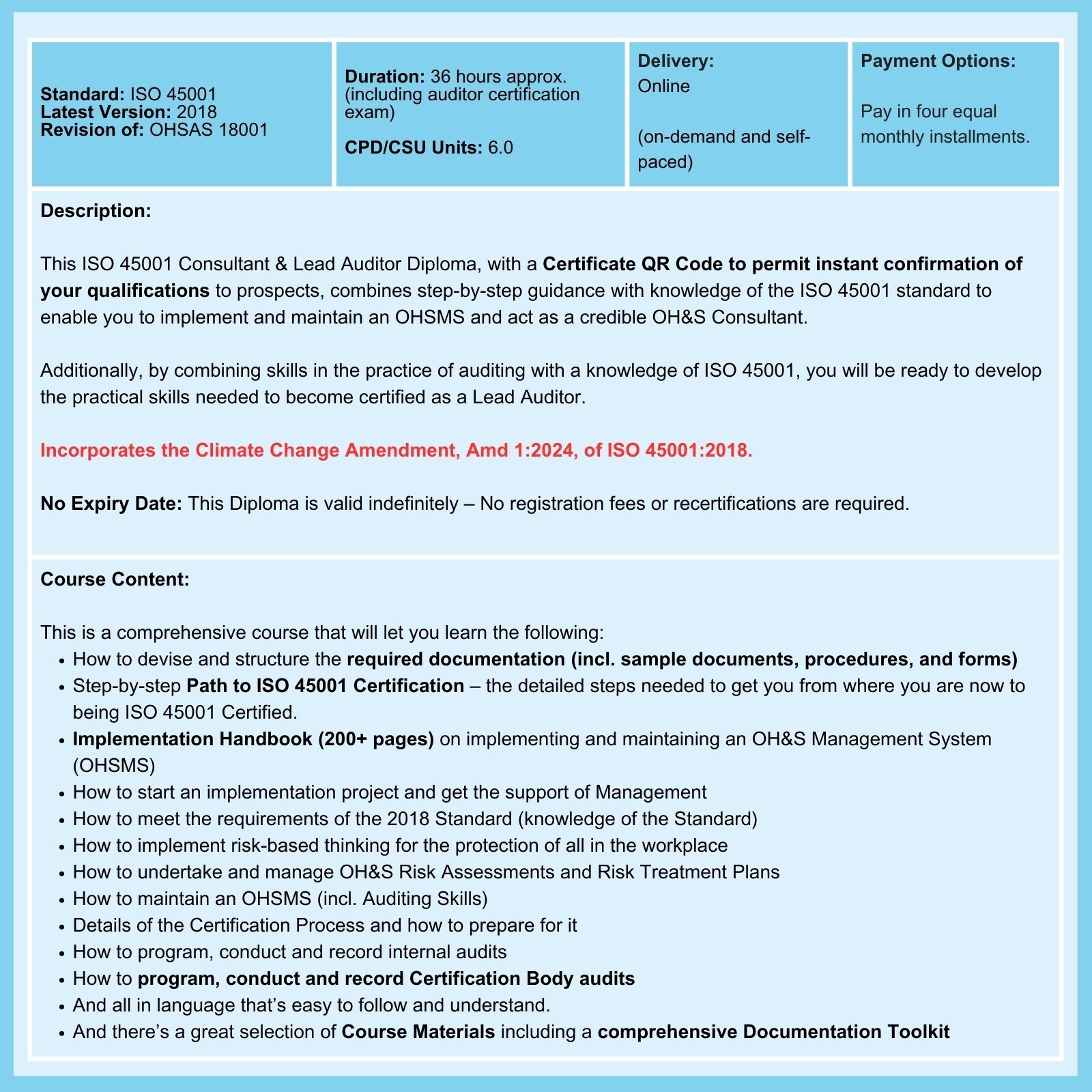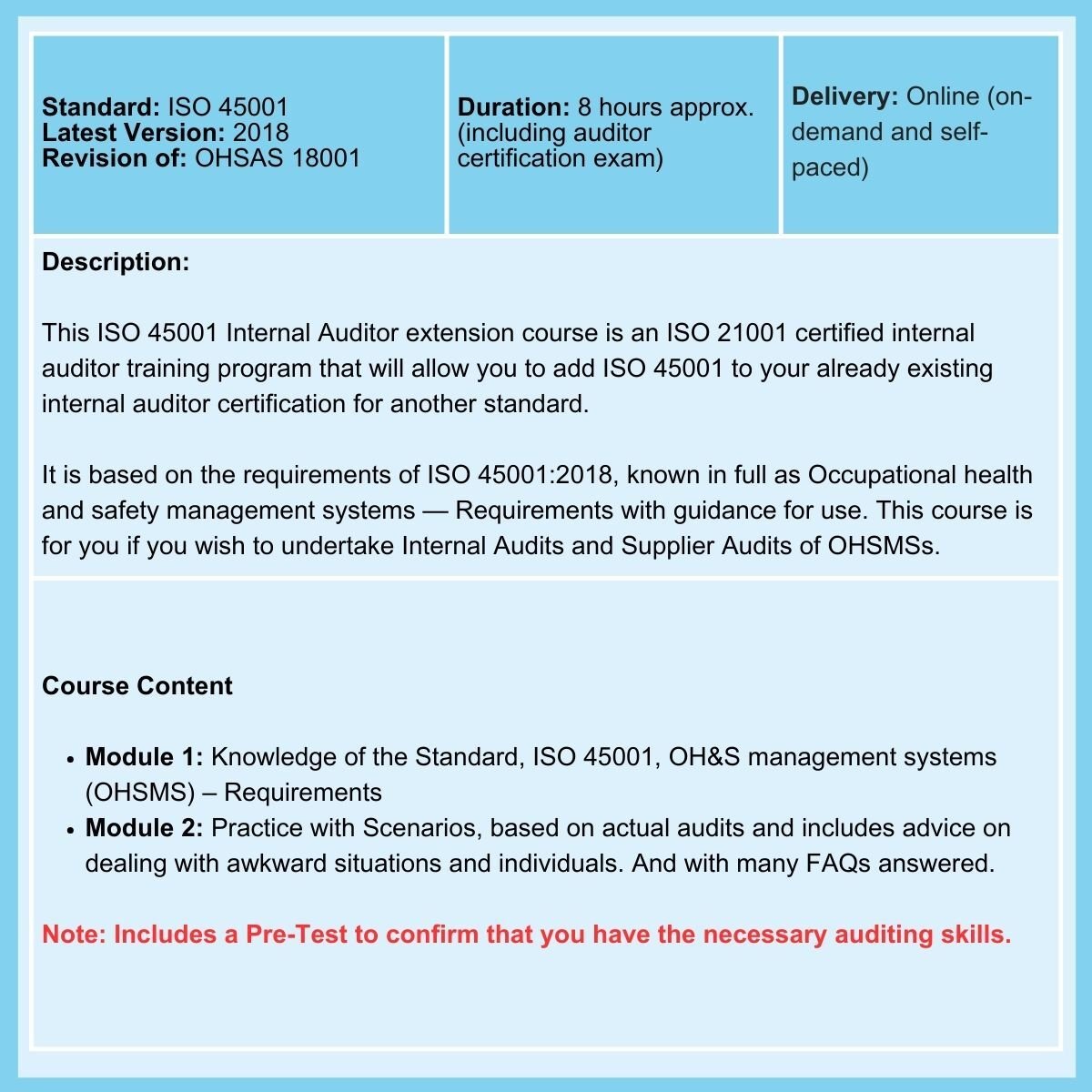
Regulations and standards are critical to ensuring laboratory operations' accuracy, reliability, and safety. These are fundamental to achieving high-quality results and maintaining the integrity of scientific work. Regulations and standards also provide a structured framework that laboratories must follow to meet both internal quality goals and external regulatory requirements.
While an exhaustive list of global regulations and standards in this field would be exhausting, here is a selection that will give you a good overview of what is required for professional Laboratory management. Additional standards, such as ISO 15189:2022, Medical Laboratory, address specific laboratory types.
Occupational Safety and Health Administration (US OSHA)
The Occupational Safety and Health Administration (OSHA), the governing body that ensures safe and healthful working conditions in the United States, sets and enforces standards for various workplaces, including laboratories. For instance, the Hazard Communication Standard (HazCom) mandates a written program for labeling chemicals, maintaining Safety Data Sheets (SDS), and training workers on safe chemical handling.
On the other hand, the Laboratory Standard (29 CFR 1910.1450) specifically addresses chemical hazards, requiring a Chemical Hygiene Plan (CHP) outlining safe handling, storage, and disposal procedures for hazardous chemicals and workplace training. Finally, the PPE Standard ensures workers have access to appropriate Personal Protective Equipment (PPE) like gloves, safety glasses, or respirators whenever engineering controls can't eliminate potential hazards.
National Institute for Occupational Safety and Health (US NIOSH)
The National Institute for Occupational Safety and Health (NIOSH), a federal agency under the U.S. Department of Health and Human Services, researches and develops recommendations to prevent work-related injuries and illnesses. These recommendations are not mandatory, but they inform OSHA to set standards and provide valuable guidance for workplaces like laboratories to implement best practices.
For example, NIOSH offers guidance on selecting and using appropriate Personal Protective Equipment (PPE), such as respirators, gloves, and eye protection. It also outlines safe practices for handling hazardous chemicals, safe work practices, and engineering controls for laboratories working with infectious agents. Lastly, it recommends proper workplace ergonomics to prevent musculoskeletal disorders from repetitive tasks or awkward postures common in laboratory work.
Clinical Laboratory Improvement Amendments (US CLIA)
The Clinical Laboratory Improvement Amendments (CLIA) program, managed by the Centers for Medicare & Medicaid Services (CMS) in the United States, sets quality standards for all laboratory testing on human samples. This ensures test reports' accuracy, reliability, and timeliness for diagnosis, treatment, and patient care. Laboratories must obtain CLIA certification, with specific requirements based on the tests' complexity. For example, CLIA compliance might involve participating in proficiency testing programs demonstrating the laboratory's ability to produce accurate results.International Organization for Standardization (ISO)
The International Organization for Standardization (ISO) is a non-governmental organization composed of industry experts from various countries. It develops and publishes international standards to ensure product and service quality, safety, and reliability.
Several ISO standards directly relate to laboratory management. ISO 15189:2022, which focuses specifically on medical laboratories, outlines requirements for quality and competence. ISO/IEC 17020:2012 establishes general requirements for accreditation bodies that certify laboratories against ISO standards. ISO/IEC 17025:2017 addresses testing and calibration laboratories, detailing requirements to ensure the production of accurate and reliable results.
Environmental Protection Agency (US EPA)
The Environmental Protection Agency (EPA) is the governing body for environmental protection in the United States. Its goal is to protect human health and the environment by enforcing air, water, and land regulations. Laboratories are subject to EPA regulations when conducting environmental testing or disposing of hazardous waste.
For example, the Resource Conservation and Recovery Act (RCRA) mandates proper management and disposal of hazardous waste, the Clean Water Act (CWA) regulates the discharge of pollutants into waterways, and the Clean Air Act (CAA) focuses on air quality and emission control. The Toxic Substances Control Act (TSCA) regulates the manufacturing, processing, distribution, use, and disposal of certain chemicals.
Laboratories that generate wastewater containing pollutants, laboratories that use processes or equipment that generate air emissions, and laboratories that handle or store specific chemicals might need to apply for specific permits, follow specific treatments, or maintain specific reporting or record-keeping procedures to comply with regulations.
Food and Drug Administration (US FDA)
The Food and Drug Administration (FDA) administers regulations in the United States. These regulations ensure the safety, effectiveness, and security of medicines for humans and animals, biological products, and medical devices. They also provide a comprehensive framework for medical product development and testing laboratories.
While the FDA doesn't have a single, extensive set of regulations specifically for laboratory management, it does have the Good Laboratory Practice (GLP) regulations (21 CFR Part 58), which provide a framework for non-clinical laboratory studies that support research or marketing permits for FDA-regulated products.
These GLP regulations establish guidelines for conducting high-quality studies that generate reliable data. 21 CFR Part 211 outlines the Current Good Manufacturing Practice (CGMP) for finished pharmaceuticals. Although primarily aimed at manufacturers, this regulation indirectly impacts laboratories performing quality control testing on finished drugs.
European Medicines Agency (EU EMA)
The European Medicines Agency (EMA) safeguards the safety, efficacy, and quality of all medicines available on the EU market. Like the FDA, it doesn't have a single, overarching set of regulations specifically for laboratory management; however, it does have several guidelines that impact laboratory operations.
Laboratories involved in pre-clinical testing follow Good Laboratory Practice (GLP) principles established by the OECD, guaranteeing the accuracy and reliability of safety studies submitted for regulatory approval. Similarly, the EU Clinical Trials Regulations outline Good Clinical Laboratory Practice (GCLP) principles for laboratories conducting analyses during clinical trials.
Lastly, although EU Guidelines for Good Manufacturing Practice (GMP) primarily target manufacturers, laboratories performing quality control testing of medicinal products should also be familiar with GMP principles. This ensures that their testing procedures align with the manufacturing standards for the specific drug being developed, contributing to overall quality control throughout the drug development pipeline.
Good Clinical Practice (Global GCP)
GCP is a collaborative effort established by multiple organizations, including the International Council for Harmonisation of Technical Requirements for Pharmaceuticals for Human Use (composed of regulatory bodies from Europe, Japan, and the United States) and the World Health Organization (WHO). It ensures ethical and scientific quality throughout the design, conduct, recording, and reporting of clinical trials involving human subjects.
This is achieved by emphasizing the need for informed consent, proper documentation, and accurate records throughout the research process.
Related Courses
deGRANDSON Global is an ISO Certified Educational Organization
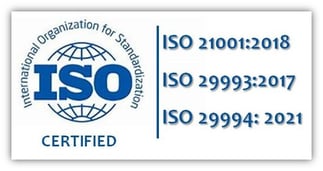 In October 2021, we secured certification to three education-related ISO Standards. We now have a university-grade management system in place conforming to the requirements of …
In October 2021, we secured certification to three education-related ISO Standards. We now have a university-grade management system in place conforming to the requirements of …
We have chosen ISO 21001 certification because it is based on independent third-party assessment, unlike IRCA and Exemplar badges (which we believe are commercially compromised). It is a 'university grade' standard used globally by schools, colleges, and universities to demonstrate competence.
We offer Courses for ISO 9001, ISO 13485, ISO 14001, ISO 17025, ISO 27001, ISO 45001, Data Protection, Risk Management, and more.
